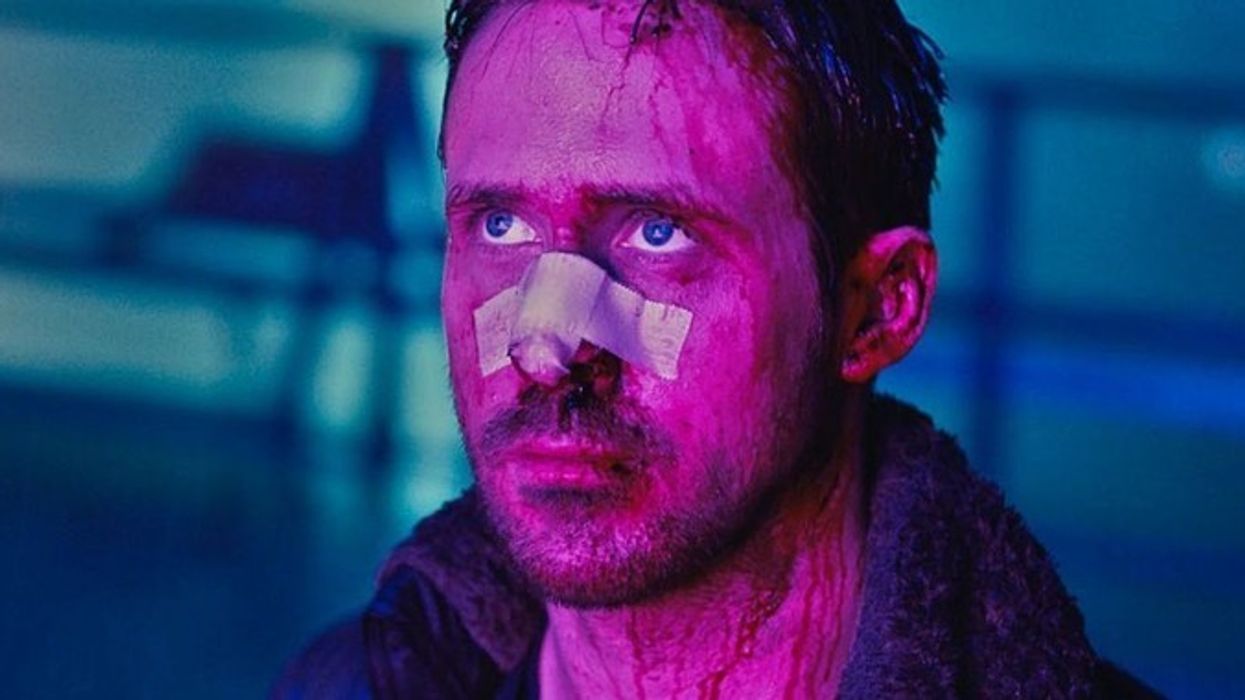The Hero in 'Blade Runner 2049' Doesn’t Matter, So What's His Purpose?
Is there anything more relatable than a hero who... doesn't really matter?

Classic storytelling follows a certain set of rules. This isn’t a bad thing, because these rules work at effectively conveying themes and ideas to an audience. Elements like a protagonist, linear storytelling, and a clear resolution are what we expect from a story. So when these elements are messed with or broken, it’s helpful to understand why that story worked.
Blade Runner 2049starts off acting like it will make those same conventional choices of storytelling, but the story takes a hard left turn because we find out that Joe (Ryan Gosling) isn’t anyone important.
Shane Bertram breaks down how Denis Villeneuve’s sequel to Blade Runnerperfects a hero that is unlike any that we’ve seen before. You can check out his full video below, and then we’ll talk after about what you can achieve from writing a meaningless hero.
A Hero with No Meaning
Screenwriters Hampton Fancher and Michael Green chose to start Joe in an unremarkable place, and then build him up by giving him a real-life memory that he believes to be his. This memory brings to life a sense of humanity in Joe, who is a replicant, making him believe he is this important character that can liberate all of the other replicants who gained a sense of humanity.
Then, when Joe discovers that the memory was illegally sent to him by Dr. Anna Stalin (Carla Juri), Joe becomes insignificant.
So what is the purpose of his character if he isn’t the "chosen one"?
While there is an interesting story there with Dr. Anna Stalin and her desire to break out of her isolated life to have a connection with another person, Joe’s story is familiar to most of us.
Joe is often forced to take baseline tests that are designed to detect any signs of emerging humanity in the new generation of replicas. The test’s questions are focused on ferreting out whether the replicants are acutely emotionally aware of the emptiness inside them and their lives.
Stalin, acting as the divine mythological archetype, plucks a memory from her mind, sharing it with anyone (Joe just happens to pick it up), creating a catalyst for Joe to develop what the story holds up as a sign of fully formed humanity.

Blade Runner 2049 is a subversive story that offers us a look at what it means to be human. Joe, who has no secret past, no special abilities, no strengths, and no significance, believes that he could be something more than what he was made to be. This desperate hope unlocks his ability to notice the emptiness he feels inside, which, as we can see from the baseline test, makes him almost human.
Being able to watch Joe’s initial anxiety and validation when he believes he is the child, and then seeing his broken silence when he realizes that he isn’t is profoundly moving, because we have all experienced a relatable form of disappointment, or can at least empathize with Joe’s disappointment.
Yes, Joe is still the hero of the story, but it isn't groundbreaking or of great significance to the other characters. Instead, Joe chooses to reconnect a father and daughter to help heal this hollow feeling that they experience. It’s his selflessness that reminds us that we can still have heroic moments even if we don’t think that we are significant.
The only other hero in film that I can think of that represents something similar to Joe is Theo Faron (Clive Owen) from Children of Men. Theo is a protector of Kee (Clare-Hope Ashitey) and her child, and he exists to help preserve the future of humanity. His desire to do what he can to help those that he cares for is extremely relatable and moving.
Joe is one of the most relatable heroes in recent film, and it’s the carefully pointed subversion that makes this hero who doesn’t matter work. Blade Runner 2049 isn’t focused on the idea of who we could be but who we actually are. It’s the notability in how we decided to try and fill the emptiness we all feel inside.
Let us know what you think in the comments below!
Source: Shane Bertram













